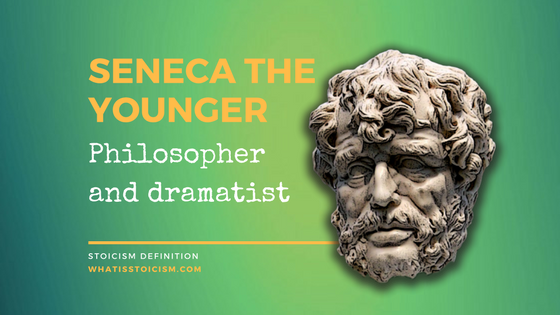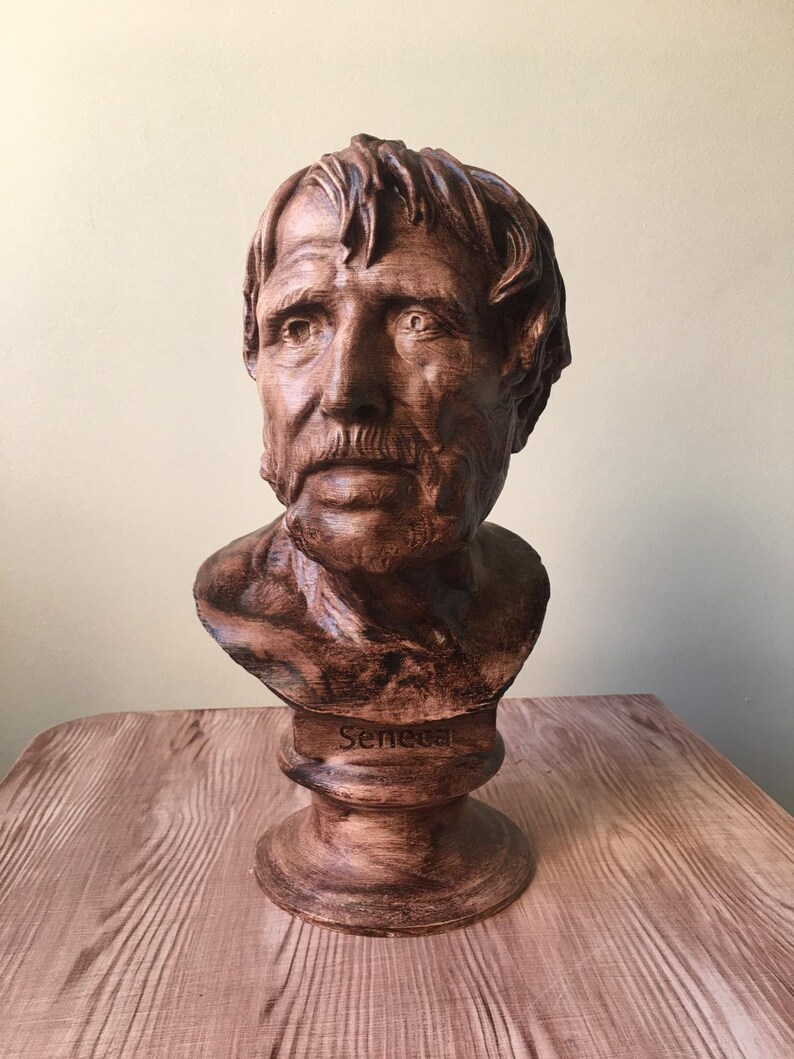

His Epistulae morales (“Letters on Ethics”) aims to teach how to live an ethical life, while the Quaestiones naturales (“Investigations of Nature”) illuminates Stoic ideas about the physics of the natural world. The prose works give a vivid sense of the difficulties of living a Stoic life at this time period and, additionally, reflect many aspects of Roman society such as clientela ( De beneficiis, “On Benefits”), the role of the princeps ( De clementia, “On Clemency”), and the problems of luxury and wealth ( De vita beata, “On the Blessed Life”). In his old age, however, Seneca was ordered to commit suicide for his alleged part in a possible plot against Nero’s life. Close to the court of Caligula, he was exiled by Claudius but later attained a position of high power during the first years of Nero’s principate.

Lucius Annaeus Seneca (Seneca the Younger) was an important political, philosophical, and literary figure of the 1st century ce.


 0 kommentar(er)
0 kommentar(er)
